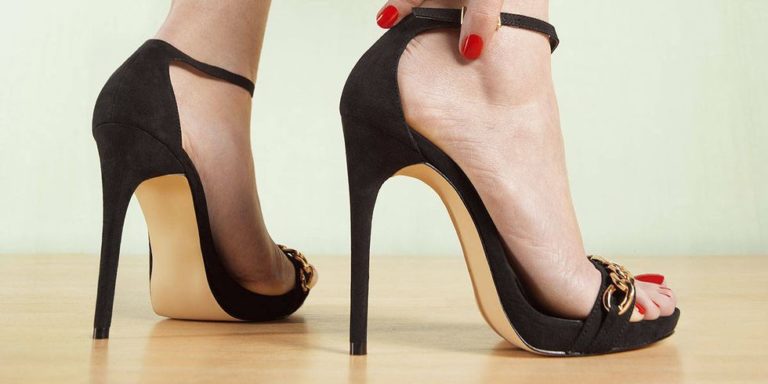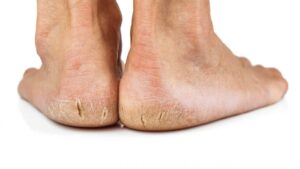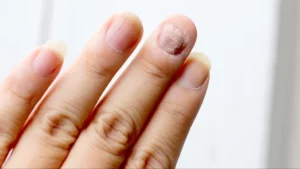Heart and Sole: When the shoes you love are hurting you
In the world of shoe shopping there are two undeniable truths. First: whenever the perfect pair of shoes is on sale, they will always be half a size too small. Second: most of us disregard this and buy them anyway, resigning ourselves to hobbling home with battered feet at the end of the night.
Statistical evidence underpins these simple truths. A recent study in Britain revealed that over one third of men and over half of women admitted to buying shoes that didn’t fit properly, while a more alarming report published in the US asserted that nine out of ten women wear shoes that are too small*.In fact, the dangers of wearing shoes that fit incorrectly have implications which extend far beyond the merely cosmetic, creating problems which, left untreated, could severely impede future foot health and activity. Here are a few to watch out for:
Metatarsalgia: a condition in which the ball of the foot becomes inflamed and uncomfortable to stand on. Aggravated by wearing tight shoes and standing for long periods in unsuitable footwear, metatarsalgia can make standing and walking unbearable. Causing similar pain in the ball of the foot and numbness in the toes is Morton’s Neuroma, a thickening and inflammation of the nerves leading to the toes, which is exacerbated by wearing high heels and sharp-toed shoes which hinder circulation.
Brent Goddard – Podiatrist, discusses treatment options for Metatarsalgia and Morton’s Neuroma
Characterised by shooting pains in the heel, Plantar Fasciitis is caused by injury to the plantar fascia tissue that connects the toes to the heel bone.Made worse by wearing shoes like summer sandals and thongs which do not support the arches and feet, plantar fasciitis can affect the long-term health of hip, knee and back regions when people modify their walking style to avoid discomfort in the heels.
Both unsightly and uncomfortable, bunions are the painful swelling and deformity of the first joint of the big toe. A hereditary condition, bunions also result from wearing shoes that are too small or shoes with narrow fronts, which push the bone at the base of the toe outwards. Hammer toe is a similarly inherited complaint which is also worsened by restrictive shoes, in which the toe muscles shorten and take on a claw-like appearance.
Add to this list the development of corns–thickened callouses caused by continuous friction against the shoe – and ingrown toenails, and the range of foot conditions caused by poorly fitting footwear is seriously debilitating.
The best way you can prevent the development of these conditions is through a visit to your podiatrist. Qualified in assessing and identifying problems caused by ill-fitting footwear, your foot expert can both treat your existing issues while advising how to prevent against future damage. It may mean giving up your perfect pair of (slightly too small) shoes and get custom made orthotics, but you can rest assured that you will be ensuring the long-term health and comfort of your feet.










